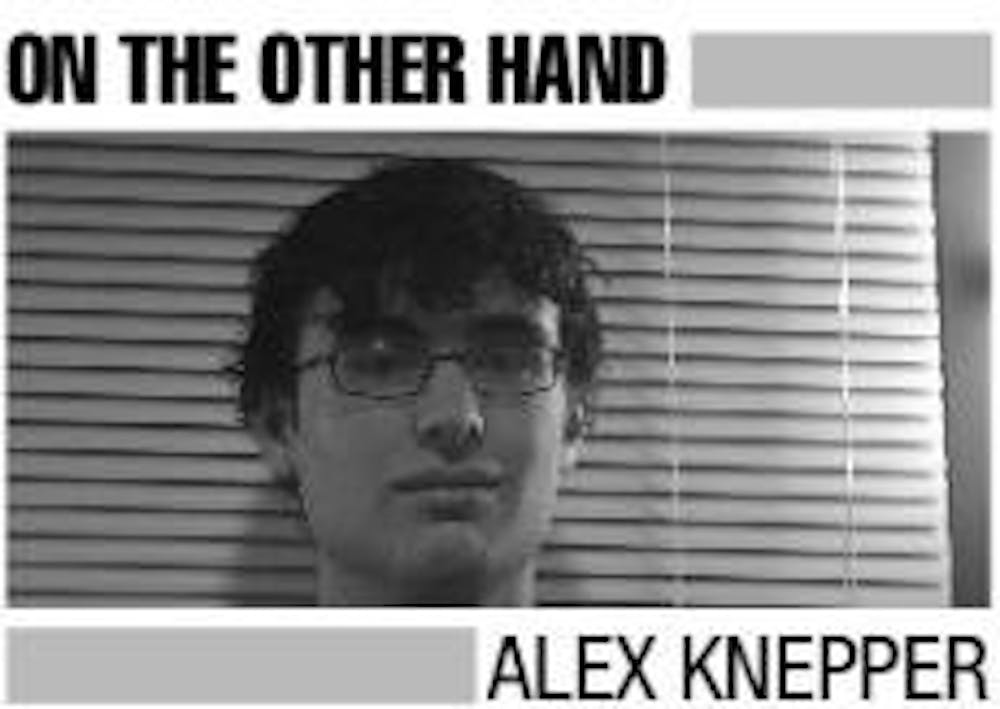Poetry is dead.
It's hardly a contested point anymore: the most casual of observers can discern that poetry is that odd, rare art practiced by more people than observe it. It is not dead because there is nothing more to be contributed to the art form, it's dead, rather, due to a cultural decline into a society that worships self-expression and instant gratification above excellence and merit.
Wordsmiths such as Robert Frost and Emily Dickinson - poets who wrote truly classic works adhering to careful rules of meter, cadence and theme - are now an extinct breed. The majority of today's "poets" worship at the Church of Expression, finding poetry's highest mission to be nothing more than to serve as a vessel for the poet to express his own transient, seemingly apocryphal feelings. The poetry written by such people does nothing to illuminate the reasons behind such feelings; merely expressing them is enough for the artist (left to ponder is why anyone should bother to read them).
The worst of them don't even go that far. The worst of them, in fact, do nothing more than take a sentence and arbitrarily chop it up into bits. Elizabeth Alexander, who read a poem at Barack Obama's inauguration, has published several such pieces, one of which is entitled "Ars Poetica#100: I Believe." An excerpt: "Poetry, I tell my students / is idiosyncratic. Poetry/is where we are ourselves / (though Sterling Brown said / "Every 'I' is a dramatic 'I'")/digging in the clam flats / for the shell that snaps / emptying the proverbial pocketbook. / Poetry is what you find/in the dirt in the corner ..." This alleged poem is the sort of work that earns people a National Endowment for the Arts fellowship nowadays.
As such, every dumb teenager with a pen and a journal can observe such "art" and think himself a budding poet. No special study, skill, vocabulary or even rhyme or theme is required: just let your emotions flow and you've got yourself a legitimate poem. Rules? There are no rules. And without any rules, the aim certainly cannot be to produce anything in particular. The process, thus, is the result, and no one thinks twice. The writer has expressed his emotions, and that, not any particular demonstrated skill, is what the craft is now supposed to be about.
But of course, when everything is art, nothing is art. And those who refuse to play along with the new rules of poetry have bolted for artistic professions in which skillful distinction is rewarded and where larger audiences can witness one's art. The same audiences have spoken with their actions, no longer paying any attention to the world of poetry. So when the National Endowment for the Arts funnels money to people such as Alexander with the supposed aim of keeping poetry's presence afloat, the forest is missed for the trees: merely promoting the work of several individuals cannot revive a foundering art form - the problem is systemic.
Legitimate poetry lives on today mainly in the world of songwriting. The finest, most evocative poems exist in songs found in forms as diverse as Broadway librettos and gothic heavy metal albums. Some digging must be done, but classical poetry still exists, if one can bother to search for it - and make no mistake: modern professional poets are doing everything in their power not to deliver it, lest a person not be able to "express himself." That may very well have its place. But please, let's not call it art.
Alex Knepper is a freshman in the School of Public Affairs and a conservative columnist for The Eagle. You can reach him at edpage@theeagleonline.com.





